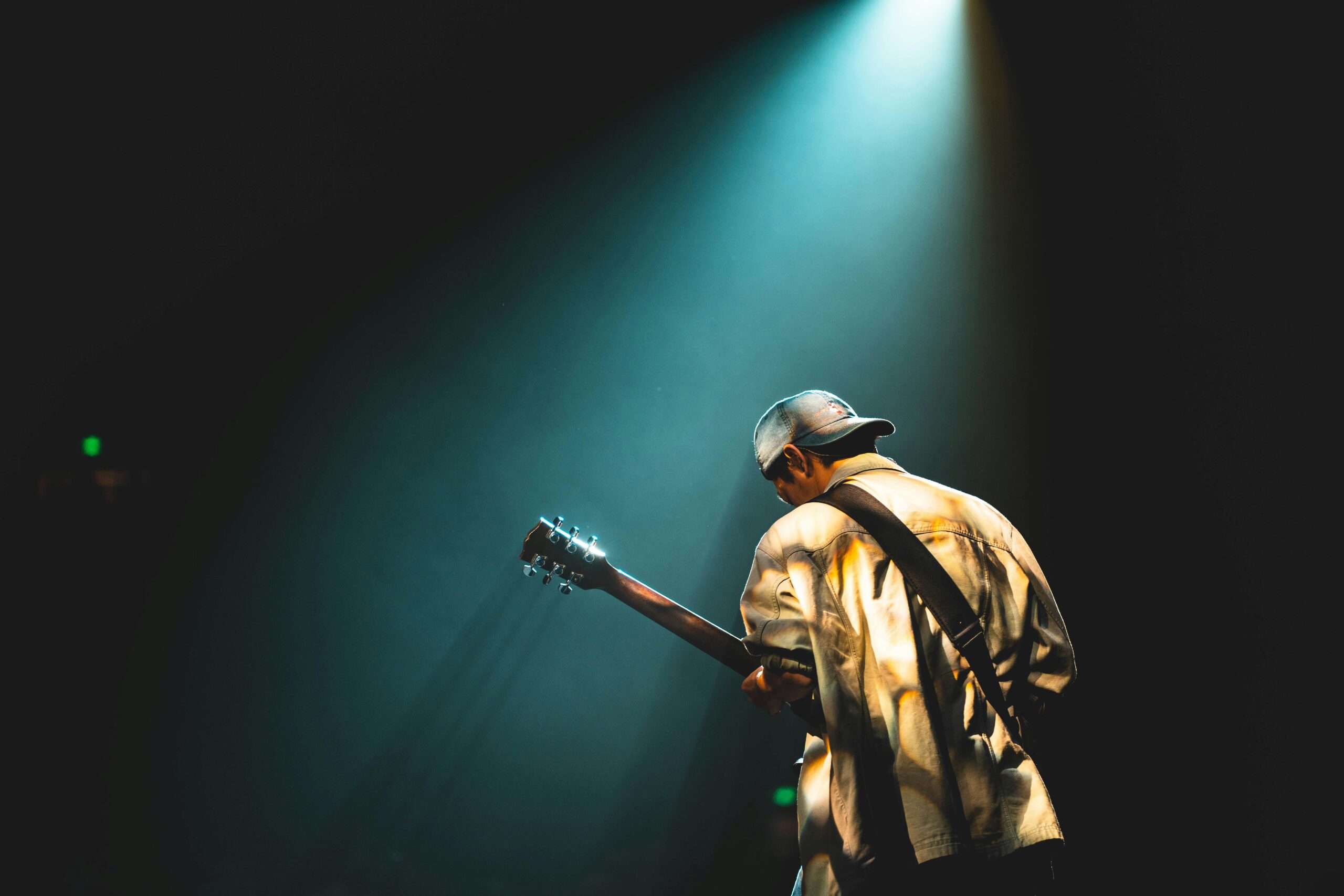The Power of Music: How It Shapes Our Emotions and Lives

Music has an incredible ability to influence our emotions, transport us to different places, and connect us to our memories. Whether it’s a powerful ballad that brings tears to our eyes or an upbeat tune that makes us want to dance, music plays an essential role in our everyday lives.
The Emotional Impact of Music
Music can evoke a wide range of emotions, from joy to sorrow, excitement to calm. Studies show that music activates multiple areas of the brain, affecting our mood and even helping reduce stress. Ever notice how listening to a sad song can be strangely comforting? That’s because music has a unique way of helping us process our emotions.
Music as a Universal Language
One of the most beautiful aspects of music is its universality. No matter the culture, language, or background, music has the power to communicate emotions that words often fail to express. A melody or rhythm can create a sense of connection between people who may not even speak the same language.
Healing Through Music
Music therapy is becoming increasingly popular as a way to treat various mental health conditions. From helping patients with depression to reducing anxiety in individuals with PTSD, music is a healing tool that can be transformative.
Whether you’re a fan of classical, jazz, rock, or hip-hop, music has the ability to shape our emotional world in profound ways. So next time you need a pick-me-up or just want to relax, put on your favorite track and let the music work its magic.











